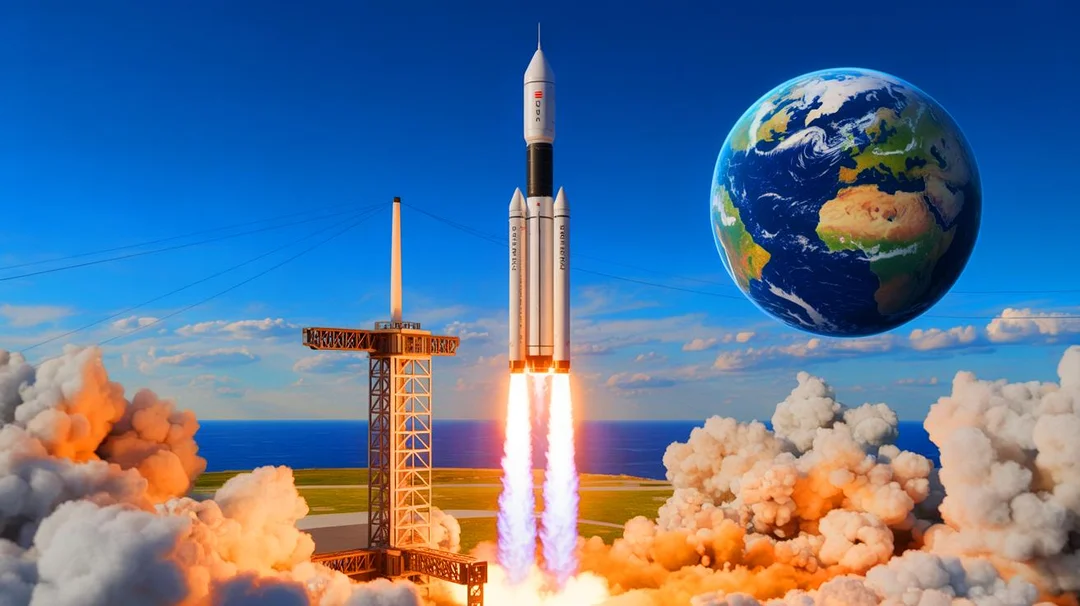
Pentagon Explores Revolutionary Space-Based Cargo Delivery with Rocket Lab’s Neutron
The Pentagon is setting its sights on a revolutionary approach to global logistics: delivering cargo anywhere on Earth within hours using space rockets. This ambitious plan hinges on a collaboration between the U.S. Air Force and Rocket Lab, leveraging the aerospace firm's cutting-edge technology to transform how supplies are transported worldwide.
At the heart of this initiative is Rocket Lab's medium-lift reusable Neutron rocket, selected by the Air Force Research Laboratory (AFRL) for the Rocket Cargo mission. This mission aims to demonstrate the feasibility of space-based cargo delivery, potentially revolutionizing global defense logistics. A significant experiment is scheduled for 2026 or later, marking a pivotal moment in both defense and commercial space capabilities.

Sir Peter Beck, Rocket Lab's founder and CEO, emphasized the importance of this program. "That program is really at the very beginning of its development within the U.S. government," Beck stated. "So I think we're very much in the experimental phase. And it'll be interesting to see if that turns into a full requirement for an operational capability. It’s good to be on that program, working on it early."
The Neutron rocket is designed to transport a substantial payload of 28,660 pounds (13,000 kilograms) to low Earth orbit. This makes it capable of deploying satellite constellations, supporting national security missions, and carrying science and exploration payloads. Its maiden launch is scheduled for 2025, with launch pad construction at Wallops Island, Virginia, progressing as planned.
One of the key innovations associated with the Neutron rocket is its landing technology. Rocket Lab plans to land the rocket’s payloads at sea using an ocean landing platform named "Return on Investment," highlighting their commitment to sustainable and cost-effective space missions.
The Air Force sees this project as more than just a technological demonstration and believes the mission has a future for delivering materiel, and possibly personnel, across the globe within hours. "We know reentry and rocket reusability is a critical advancement in space tech that the DOD is highly supportive of, which is why Neutron has been designed from the get-go for reuse and frequency,” said Rocket Lab CEO Peter Beck.
Following its inclusion in the National Security Space Launch (NSSL) program, Rocket Lab was awarded a $5 million task order for initial mission assurance reviews. This underscores the growing confidence in the company's capabilities and marks a significant step forward for the project.
With the experimental mission targeting 2026, questions remain about the future impact of these advancements on global transportation and the potential for further innovations in the realm of space logistics. What benefits will this technology bring to military and humanitarian aid efforts? Share your thoughts in the comments below!